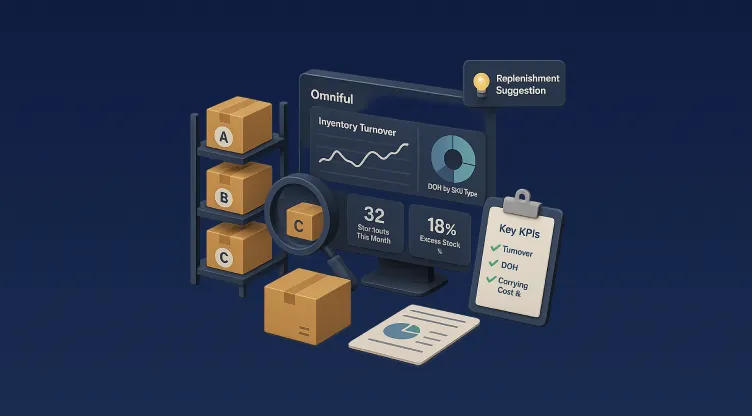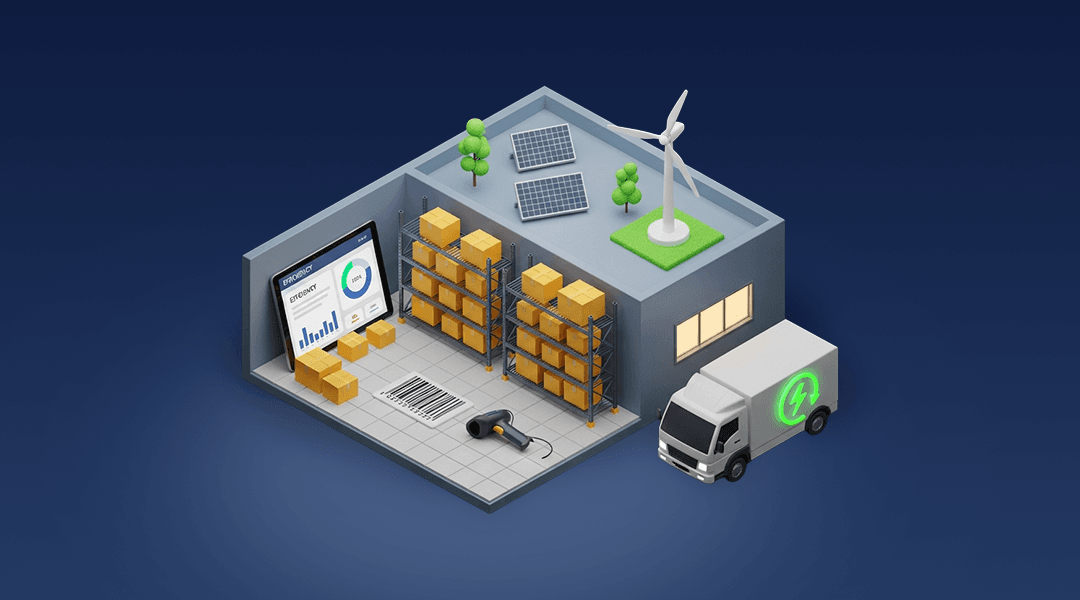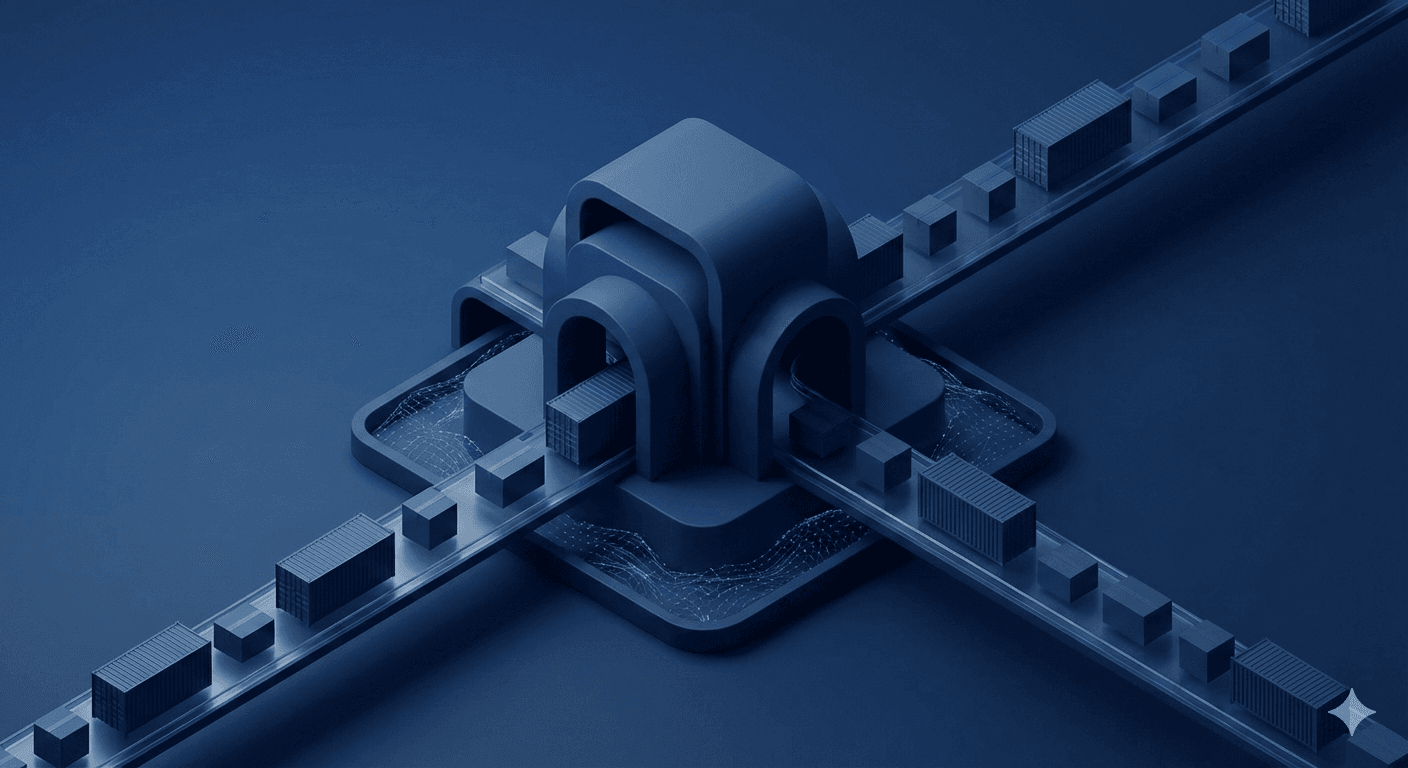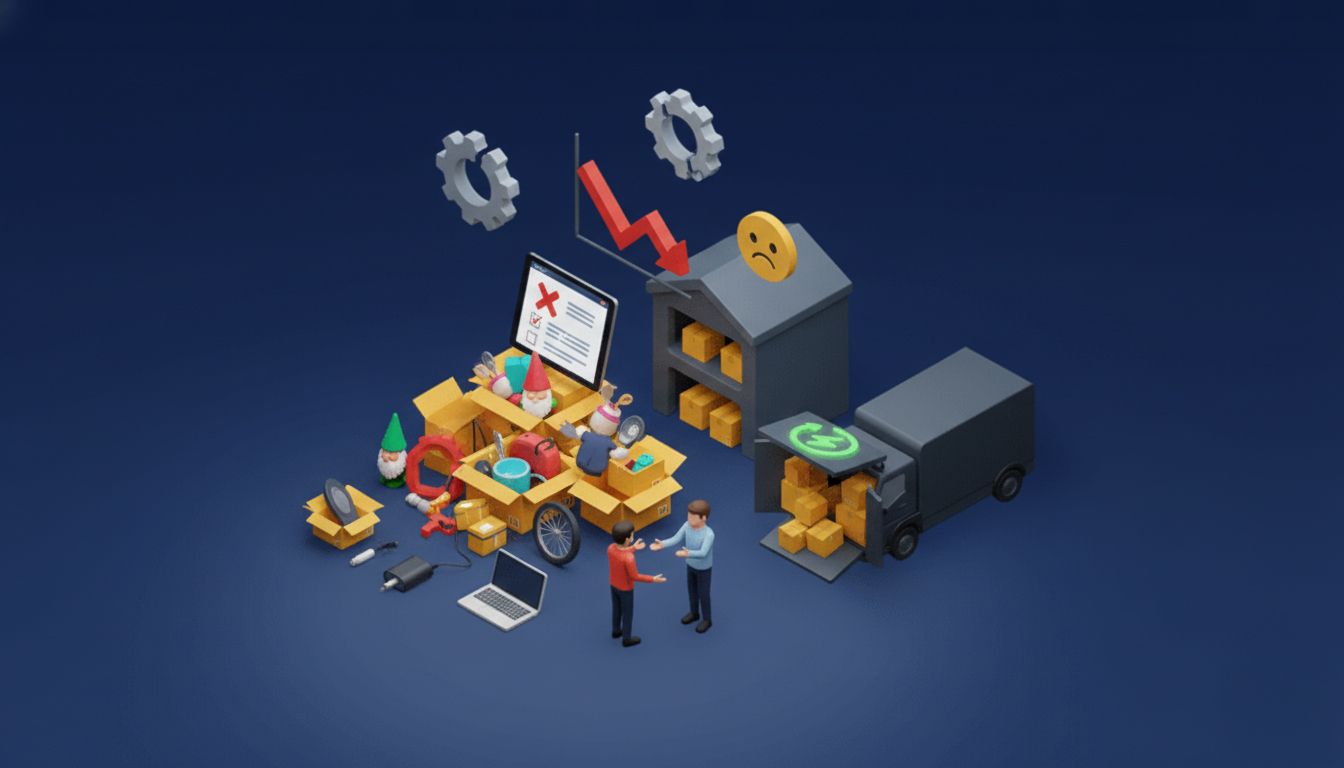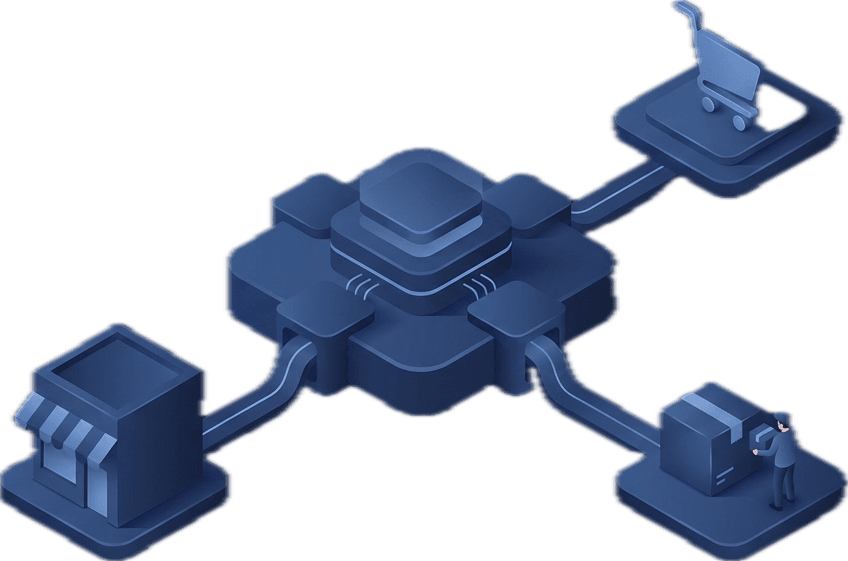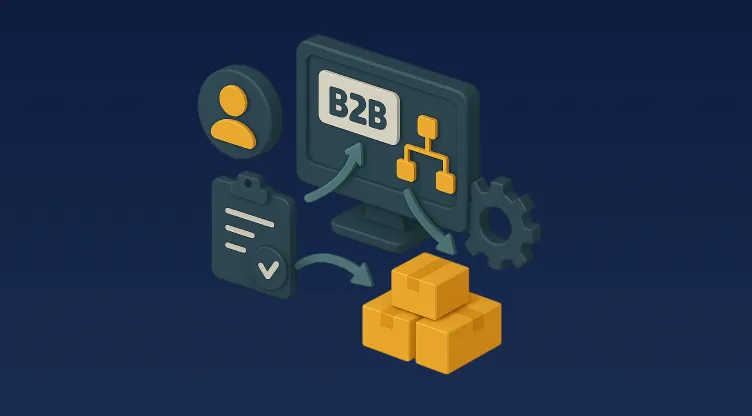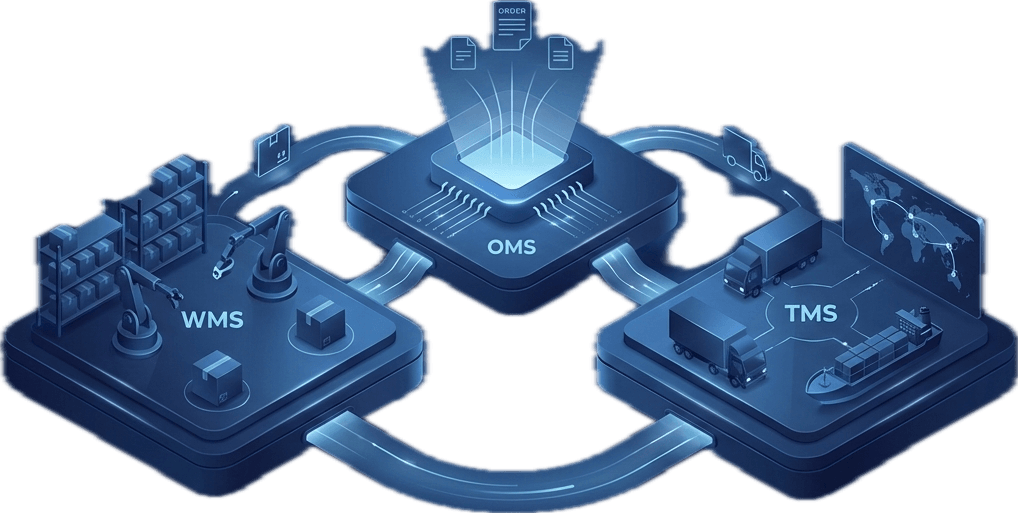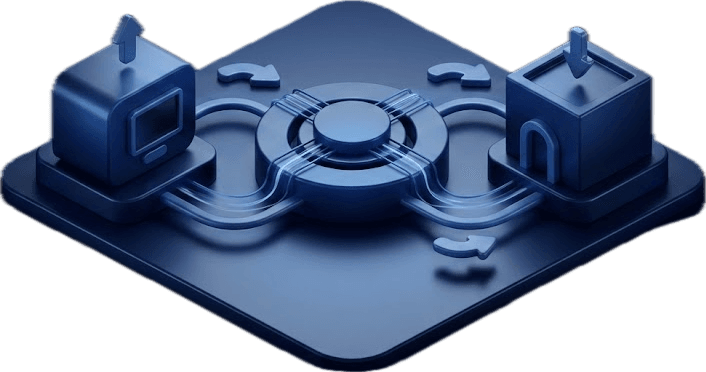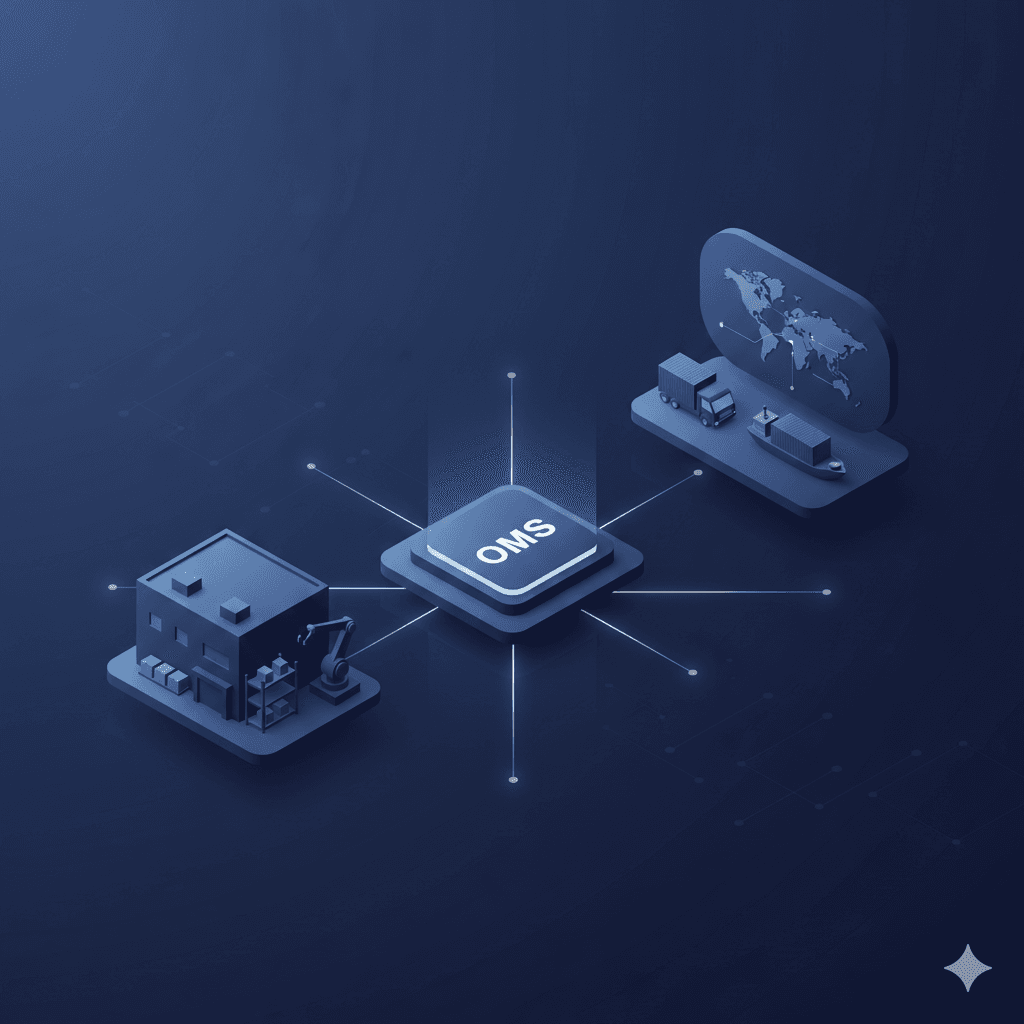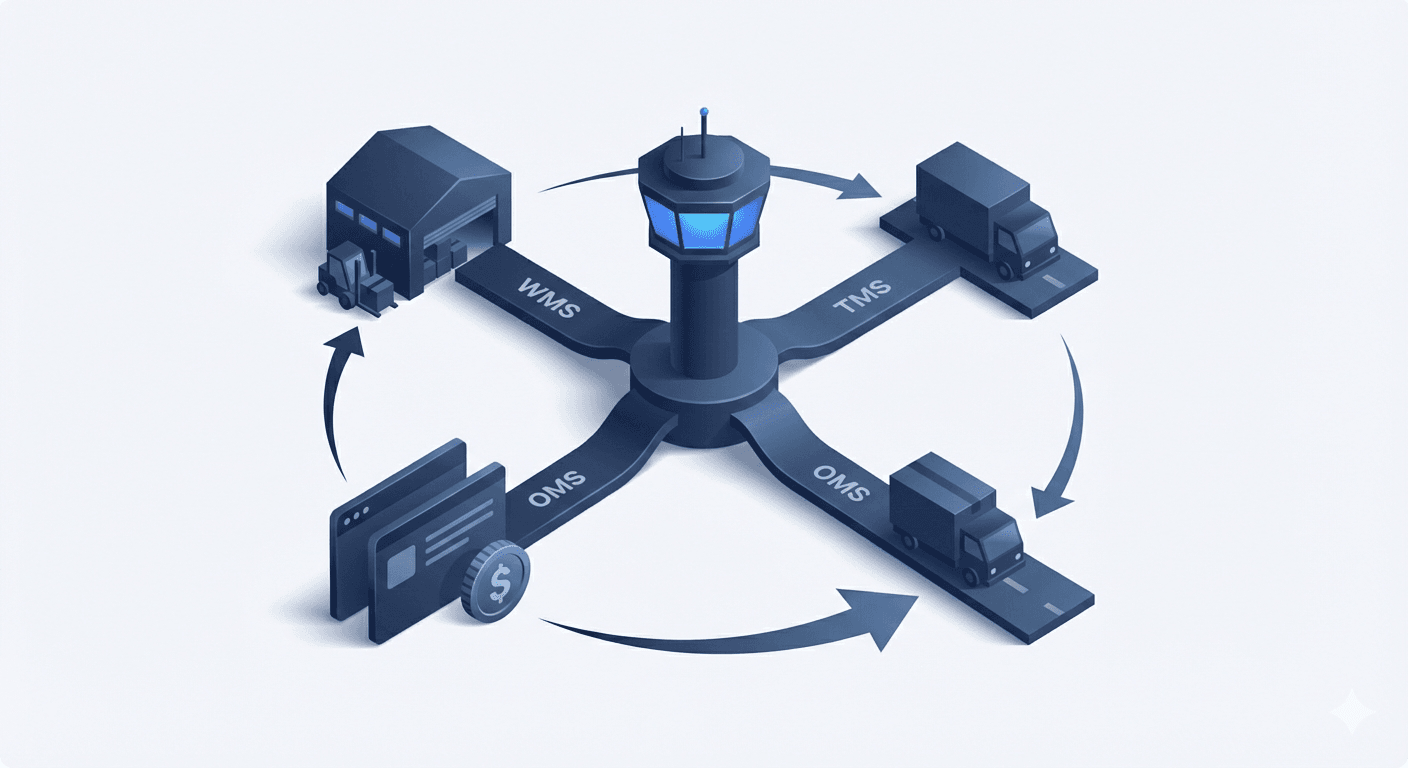ERP Data Integration: Unlocking Unified Intelligence Across Finance, HR, and Supply Chain

Table of Contents
Snapshot Sync – What You Need to Know
- Integration across ERP modules helps businesses operate from one version of truth.
- Siloed systems cause delays, miscommunication, and data duplication.
- Finance, HR, and Supply Chain are the critical trio for operational excellence.
- ERP data integration boosts decision-making, forecasting, and compliance.
- Omniful supports this through seamless Purchase Order Management and Plug and Play Integrations.
- Modern solutions lower total cost of ownership and speed up time to ROI.
- Data flow automation reduces manual errors across core modules.
- Real-time inventory and human resource analytics become instantly accessible.
Introduction: The Complexity Behind the Curtain
Modern businesses operate in dynamic, data-heavy environments where every transaction, hire, and shipment generates vital insights. But when these insights are trapped in isolated modules within your ERP, their potential is lost. Finance, HR, and Supply Chain are often treated as independent silos, even though they influence one another deeply.
This disconnection leads to duplicated efforts, missed opportunities, and compliance risks. Integrating ERP modules ensures a single source of truth—empowering businesses in the MENA region to make accurate, data-driven decisions with confidence.
Why ERP Data Integration Matters Today
Digital transformation has shifted from a luxury to a necessity. Especially in MENA, where rapid economic diversification (as seen in Saudi Vision 2030) is placing pressure on businesses to become more agile and efficient. Integration is no longer about convenience—it’s a strategic enabler.
The Data Bottleneck
Disconnected systems delay insights, confuse teams, and cost money. For example:
- Finance may close books based on outdated inventory values.
- HR might plan hiring without understanding supply chain seasonality.
- Procurement may raise purchase orders without real-time cost analytics.
The Value of Real-Time Collaboration
Fully connected ERP modules improve:
- Forecasting (finance sees supply chain fluctuations)
- Compliance (HR syncs with audit trails and financial logs)
- Efficiency (supply chain adapts to human capital availability)
Core ERP Modules and Their Touchpoints
Finance: The Guardian of Capital
Finance modules track revenue, expenses, budgets, and profitability. But these figures are only as accurate as the data flowing in from operations and HR.
- Integration enables automated purchase order reconciliation.
- Real-time inventory valuation reflects current supply levels.
- Compliance with local tax and e-invoicing laws becomes easier.
HR: Managing the Human Machine
HR systems are rich in operational context—like absenteeism rates, payroll cycles, and workforce availability.
- Integrated HR-ERP data helps adjust supply plans based on manpower.
- Training schedules can align with seasonal demand peaks.
- Automated shift planning helps the warehouse and retail floors stay operational.
Supply Chain: The Nervous System
The supply chain module ensures goods flow smoothly from supplier to consumer. But without real-time data from finance and HR, delays and cost overruns are likely.
- Integrated purchase order visibility links supplier payments to invoice reconciliation.
- Forecasting engines (like those in Omniful’s Supply Chain Suite) benefit from labour data.
- Demand planning tools can adjust automatically using real-time sales data from the Order Management System.
Key Benefits of ERP Integration in the MENA Supply Chain
A Single Source of Truth
With integration, finance, HR, and supply chain see the same data—updated in real-time. This reduces reconciliation errors and audit risk.
Cost Optimisation
Streamlining processes minimises manual errors and duplicate entries. It also reduces reliance on third-party consultants to extract data from isolated systems.
Strategic Agility
Want to switch from 3PL to in-house fulfilment like Laverne Group in KSA? Integrated data enables faster transitions without operational downtime.
Regulatory Compliance
MENA-specific requirements, such as ZATCA (Saudi e-invoicing), are easier to meet when systems speak to each other. Point of Sale modules can be linked to finance instantly, ensuring tax compliance.
Faster, Smarter Decisions
Live dashboards from integrated systems allow:
- Finance teams to model working capital.
- HR to forecast labour needs.
- Supply chain leads to optimise delivery routes.
Use Case: Purchase Orders at the Centre
Purchase Orders (POs) touch all three modules. Here’s how integration enhances them:
Without Integration:
- A PO is manually created in supply chain.
- Finance must wait for approval to pay vendors.
- HR is unaware that additional staff may be needed for receiving.
With Integration:
- POs flow automatically into the finance system for approval.
- Cost centres are assigned in real time.
- HR receives alerts to schedule shifts accordingly.
Omniful enables this through its Purchase Order Management tools, which sync across modules and link directly with inbound shipment tracking.
Technologies That Power ERP Data Integration
Integration does not mean complexity. In fact, modern solutions are designed to simplify:
API-Driven Plug and Play Integrations
Omniful’s Plug and Play Integrations allow you to connect ERP systems with sales channels, warehouses, and delivery networks—all without heavy coding.
Middleware and Connectors
Enterprise-grade platforms often use middleware to facilitate real-time data transfer. This ensures data integrity across supply chain, HR, and finance platforms.
AI and Machine Learning
AI engines can detect anomalies, suggest auto-approvals, and flag compliance risks. For example, AI can identify abnormal payroll patterns linked to delivery backlogs.
Cloud-Native Systems
Cloud-based ERP systems make integration scalable and cost-effective. Businesses can avoid large capital investments and reduce their time to ROI.
Practical Implementation Strategy for MENA Businesses
Here’s how companies in MENA can practically implement ERP integration:
Start with a Gap Analysis
- Identify which modules are siloed.
- Evaluate the pain points (e.g., duplicate data, manual reconciliation).
Define Data Flows
- Map how a single event (e.g., a sale) impacts finance, HR, and supply chain.
- Use this to determine automation points.
Choose a Scalable Platform
Use a modular, scalable platform like Omniful, which includes:
Train Cross-Functional Teams
Ensure HR, supply chain, and finance teams understand shared workflows and compliance expectations.
Set KPIs and Review
Track performance before and after integration:
- Inventory turnover
- Purchase order approval time
- Labour productivity
- Payroll reconciliation errors
ERP Integration Challenges and How to Overcome Them
Challenge: Legacy Systems
Solution: Use middleware and Plug and Play Integrations to connect older platforms.
Challenge: Cost Concerns
Solution: Omniful offers tiered pricing starting as low as $399/mo, with free shipping integrations.
Challenge: Data Governance
Solution: Implement user-based access rights and audit trails. Omniful supports role-based access and hub-specific visibility.
Challenge: Skill Gaps
Solution: Leverage Omniful’s intuitive dashboards and guided onboarding to reduce training time and improve usability.
Final Thoughts: The Future is Integrated
ERP integration is no longer just a technical initiative. It’s a strategic move that empowers businesses to break down silos, reduce costs, and respond quickly to market changes.
For MENA businesses aiming to compete globally, integrated ERP systems are the foundation for smart commerce. Platforms like Omniful bring together the essential elements—finance, HR, and supply chain—into one intelligent system.
By aligning these critical functions, companies can shift from reactive to proactive operations. And in a region where transformation is the currency of progress, this shift is not optional—it’s essential.
Frequently Asked Questions
How does ERP integration benefit HR teams?
It aligns workforce planning with real-time supply chain needs and financial forecasts.
What’s the ROI on ERP integration for supply chain?
Improved inventory visibility, fewer stockouts, and faster purchase order cycles result in cost savings and increased efficiency.
Is integration possible with older ERP systems?
Yes. Using APIs and Omniful’s Plug and Play Integrations, legacy systems can be connected without a complete overhaul.
How long does integration take?
Depending on the system complexity, Omniful clients have gone live within 3-6 weeks.
Does Omniful support compliance for MENA-specific regulations?
Yes, Omniful includes ZATCA support and integrates with local tax and e-invoicing systems.



